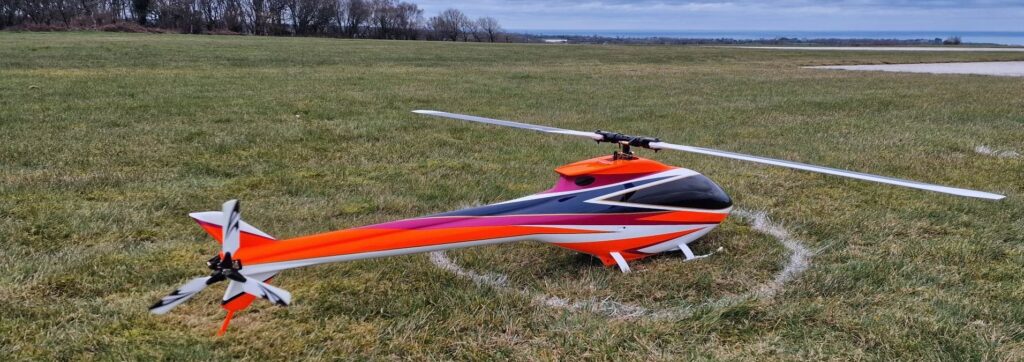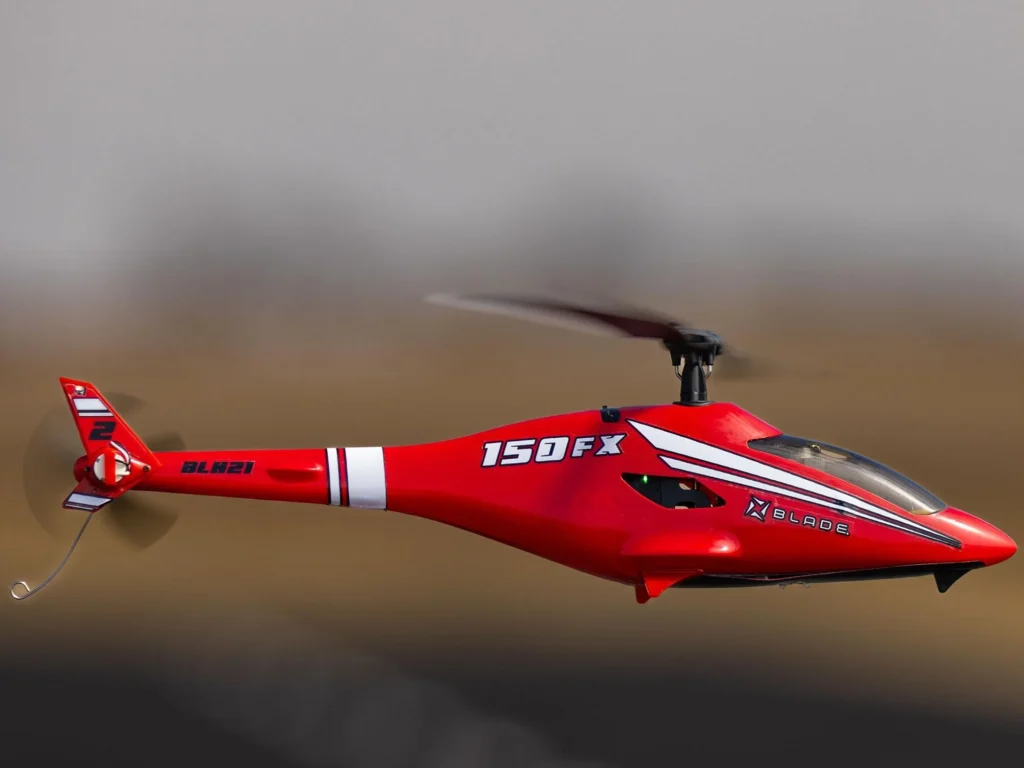Interesting Facts About Radio-Controlled Helicopters and Their Applications in Various Fields
Radio-controlled helicopters, often referred to as RC helicopters, are fascinating flying machines that have captured the imagination of hobbyists, enthusiasts, and professionals alike. From recreational flying to aerial photography and search and rescue operations, RC helicopters have a wide range of applications in various fields. In this article, we’ll explore some interesting facts about radio-controlled helicopters and their diverse uses in fields such as recreation, photography, filmmaking, and more.
History of RC Helicopters:
The history of radio-controlled helicopters dates back to the mid-20th century when early pioneers in the field of aviation began experimenting with remote-controlled rotorcraft. One of the first successful RC helicopters, the “Gyrocopter,” was developed by French inventor Étienne Œhmichen in the 1920s. Since then, RC helicopter technology has evolved significantly, with advancements in materials, electronics, and aerodynamics leading to the development of sophisticated and capable flying machines.
Types of RC Helicopters:

There are several types of RC helicopters available on the market, ranging from simple toy-grade models to high-performance hobby-grade machines. Common types include single-rotor helicopters (also known as “collective pitch” helicopters), coaxial helicopters (with two counter-rotating rotors), and quadcopters (with four rotors). Each type has its own unique characteristics and flight characteristics, catering to different skill levels and preferences among enthusiasts.
Remote Control Systems:
RC helicopters are typically controlled using radio transmitters equipped with joysticks or control sticks that allow pilots to manipulate the aircraft’s throttle, pitch, roll, and yaw. Advanced transmitters may feature programmable settings, telemetry data, and compatibility with flight simulators for training purposes. Additionally, some RC helicopters can be controlled using smartphones or tablets via wireless connectivity and dedicated apps, offering greater convenience and flexibility for pilots.
Applications in Recreation:
One of the most popular uses of RC helicopters is recreational flying. Hobbyists and enthusiasts enjoy piloting RC helicopters for fun and relaxation, performing aerobatic maneuvers, and challenging themselves with precision flying tasks. RC helicopter clubs and flying fields provide opportunities for pilots to socialize, share knowledge, and participate in organized events such as fun flies, competitions, and airshows.
Aerial Photography and Filmmaking:
RC helicopters are invaluable tools for aerial photography and filmmaking, offering a cost-effective and versatile alternative to manned aircraft or drones. Equipped with stabilized camera gimbals and high-resolution cameras, RC helicopters can capture stunning aerial imagery and cinematic footage from unique perspectives. They are used in various industries, including filmmaking, advertising, real estate, surveying, and environmental monitoring, to capture aerial views of landscapes, buildings, events, and more.
Search and Rescue Operations:
In emergency situations, RC helicopters can be deployed for search and rescue operations in areas inaccessible to manned aircraft or ground vehicles. Equipped with cameras, thermal imaging sensors, and GPS tracking systems, RC helicopters can assist rescue teams in locating missing persons, surveying disaster zones, and delivering essential supplies to remote locations. Their agility, maneuverability, and ability to hover make them valuable assets in critical situations where time is of the essence.
Education and STEM Learning:

RC helicopters are used in educational settings to teach students about aerodynamics, engineering, and STEM (science, technology, engineering, and mathematics) concepts. Building and flying RC helicopters provides hands-on learning opportunities for students to explore principles of flight, mechanical design, and electronic systems. Educational programs and workshops offer curriculum-aligned activities and challenges that engage students in problem-solving, creativity, and teamwork.
Competitive Flying:
Competitive flying is another popular aspect of the RC helicopter hobby, with pilots participating in events such as precision flying contests, aerobatic competitions, and speed races. These events showcase pilots’ skills and proficiency in controlling their helicopters through a series of challenging maneuvers and tasks. Competitions are held at local, national, and international levels, attracting participants from around the world and fostering camaraderie and sportsmanship among enthusiasts.
Radio-controlled helicopters are versatile flying machines with a wide range of applications in various fields, including recreation, photography, filmmaking, search and rescue, education, and competitive flying. Their agility, maneuverability, and versatility make them valuable tools for hobbyists, enthusiasts, and professionals alike. Whether you’re piloting an RC helicopter for fun and relaxation or using it for practical purposes such as aerial photography or search and rescue operations, these fascinating flying machines continue to inspire awe and fascination among people of all ages.